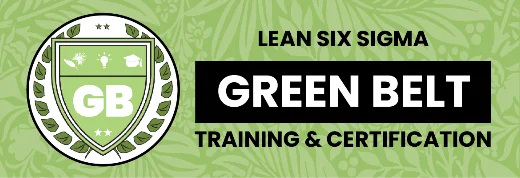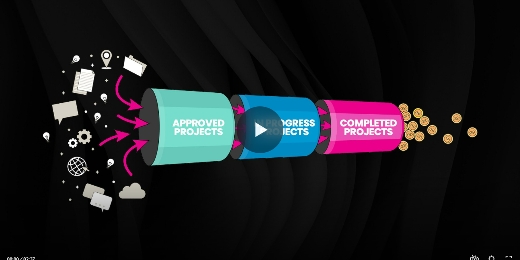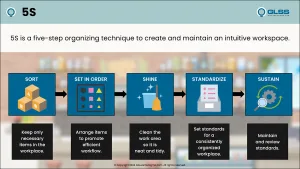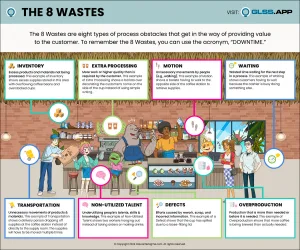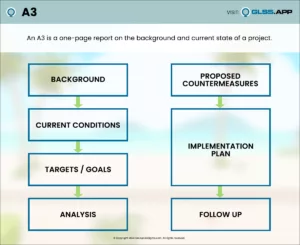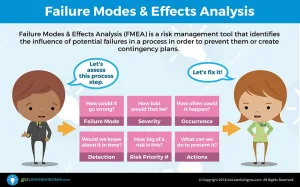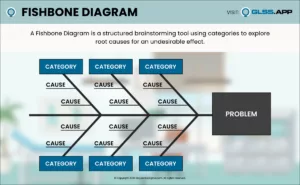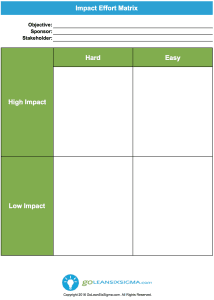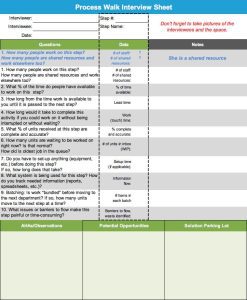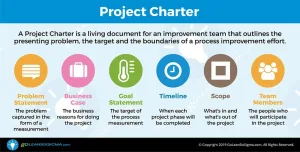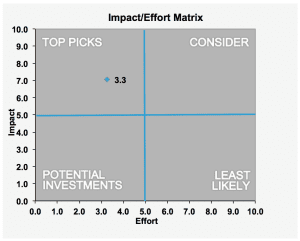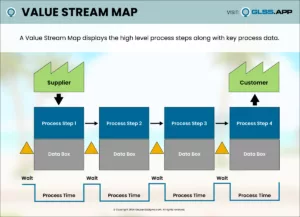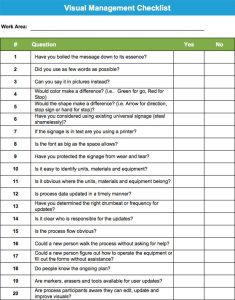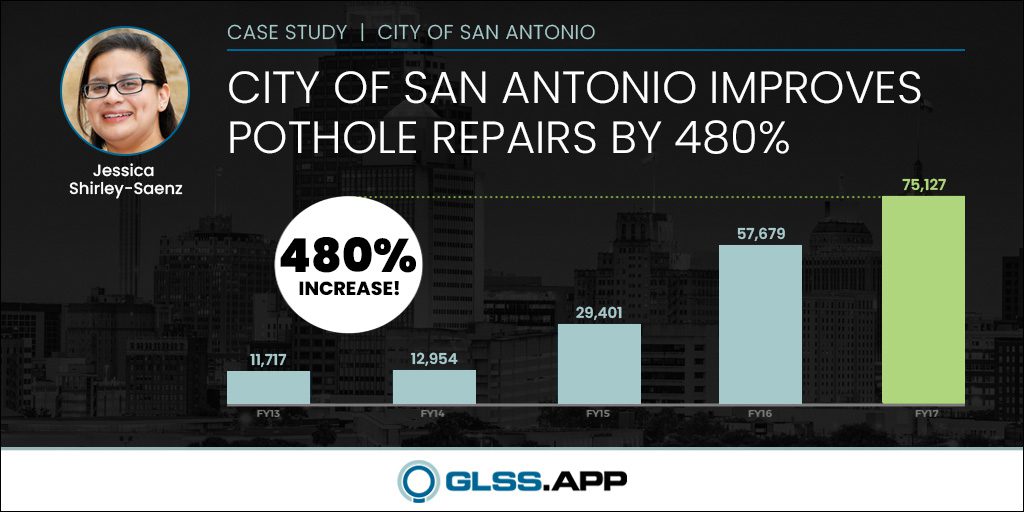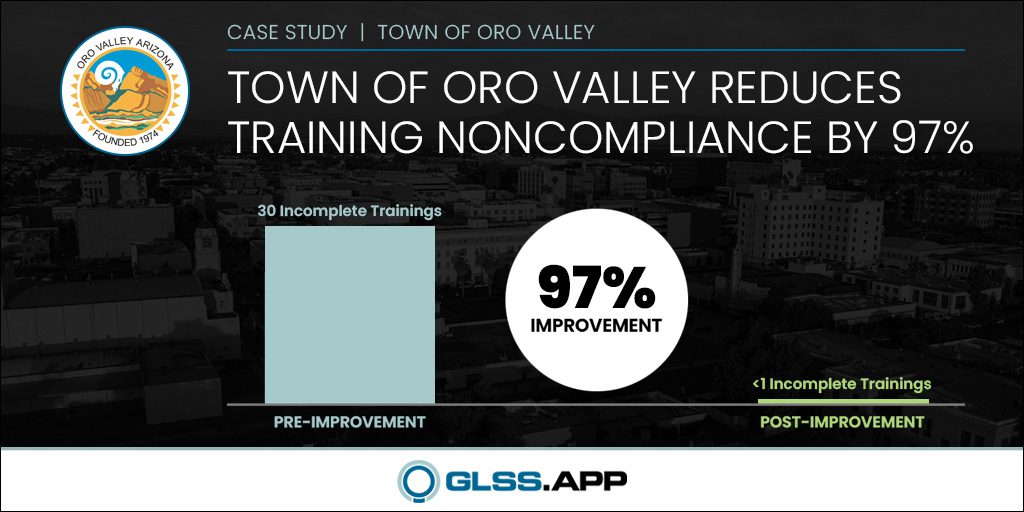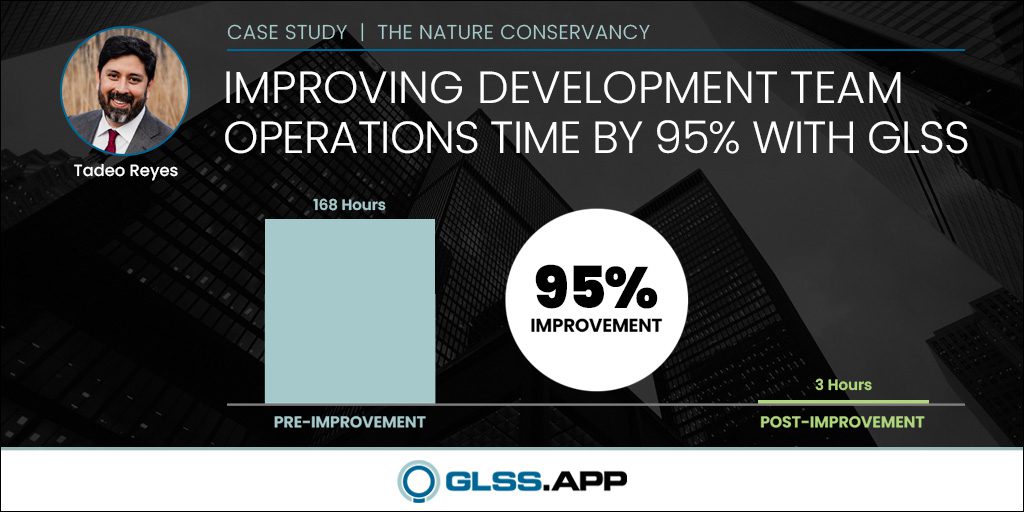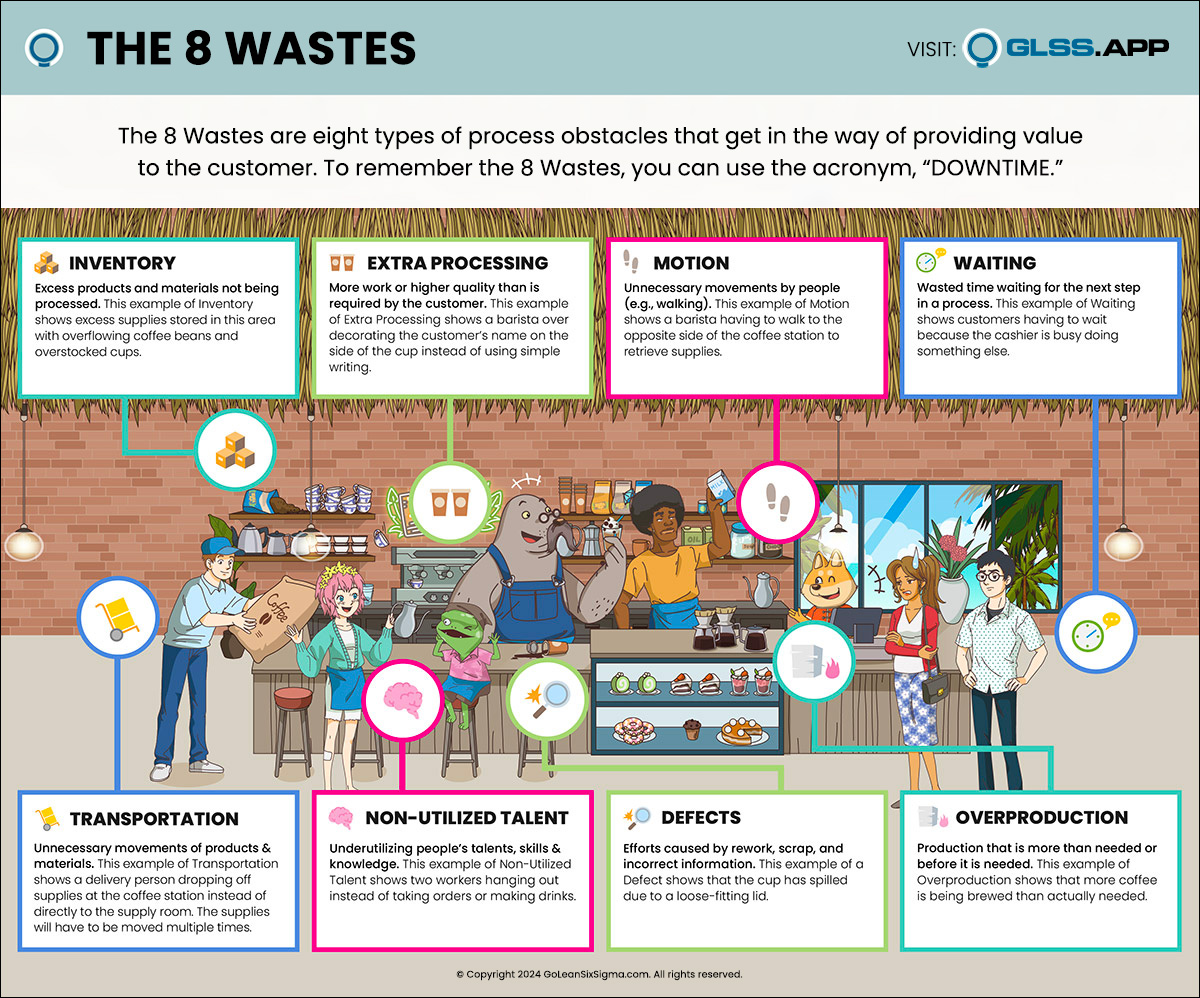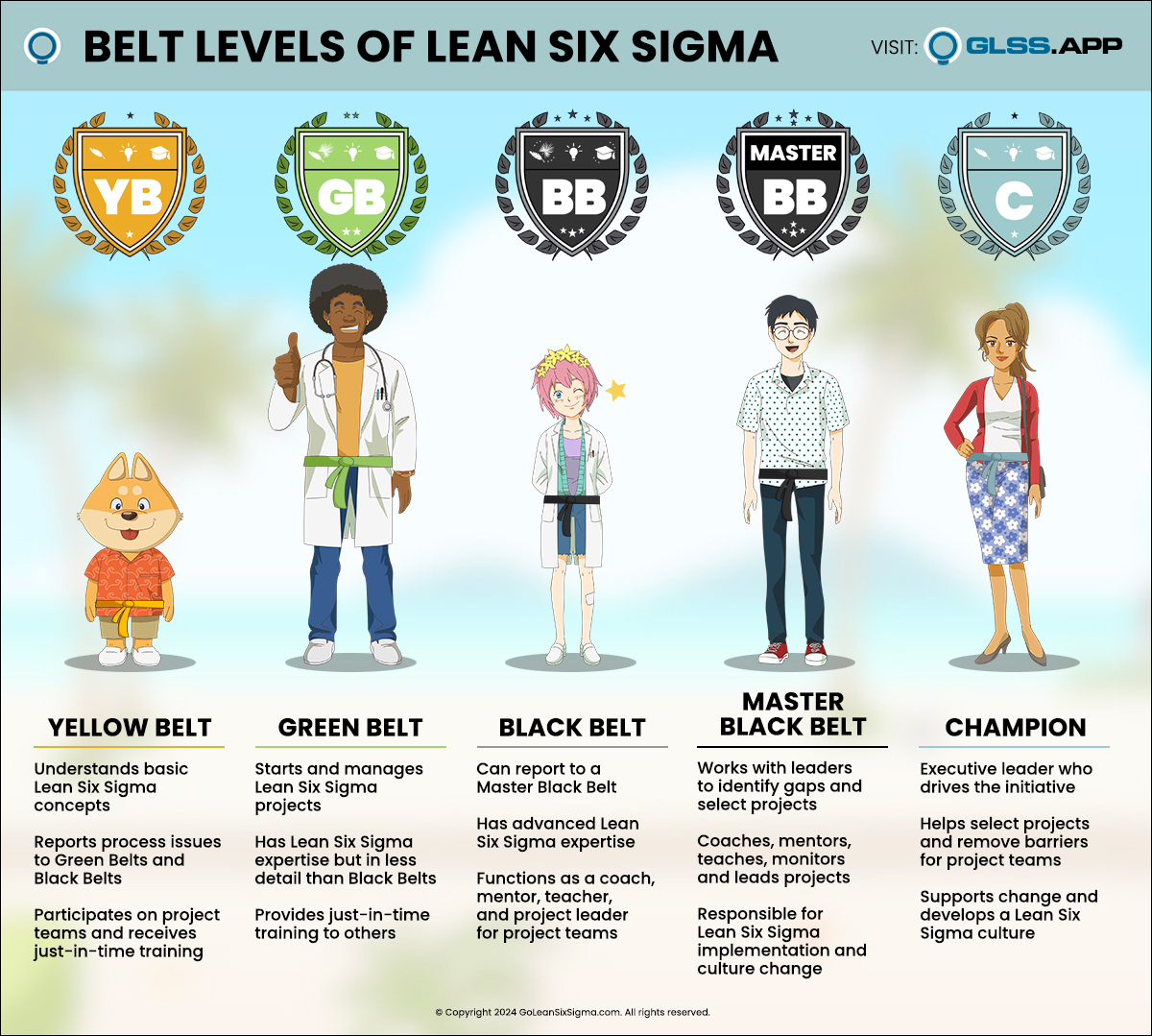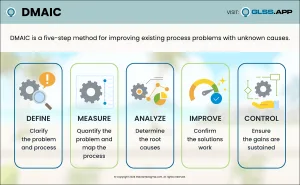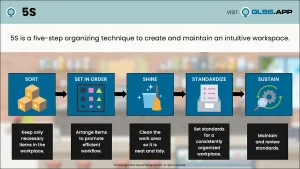
Bill Eureka
This author has written 11 articles
Home » Bill Eureka
All Lean Six Sigma problem-solving projects follow the DMAIC framework, but with different levels of rigor. There are three different types of DMAIC projects: Yellow Belt Green
... How do you describe the value of Lean Six Sigma projects? They are more tangible than receivables so clarifying their worth helps organizations plan
...When you can measure what you are speaking about, and express it in numbers, you know something about it; but when you cannot express it
...Measurement Systems Analysis (MSA) is a mystery for many, but it doesn’t need to be. Let’s start with a simple definition: MSA is an experiment
...How long should a Lean Six Sigma project take? There’s no exact answer, but you don’t want them to drag on. If a project is
...Lean Six Sigma solves problems by applying tools through a specific process—DMAIC (Define, Measure, Analyze, Improve and Control). This process is not simply a way
...“Magic arises from the illimitable mysteries of cause and effect; to witness the effect is to surmise the cause.” – Teller (Penn & Teller) There
...How can you run a hypothesis test when you don’t have much data? Are you dead in the water? Luckily, no! There’s Tukey! No, not
...Politicians refer to hard dollars vs. soft dollars often and I don’t pretend to understand what they mean. For one, it has nothing to do
...Facts and data are the hallmark of good problem solving – but all too often we don’t have enough data or the right kind of
...No post found.

Bill Eureka
Bill Eureka is a Senior Consultant at GoLeanSixSigma.com and has over 40 years of success helping leading organizations achieve their continuous improvement goals. He’s an experienced trainer, mentor and coach with the ability to relate to all levels within an organization. Bill is also a Professor in the School of Business at Davenport University.



